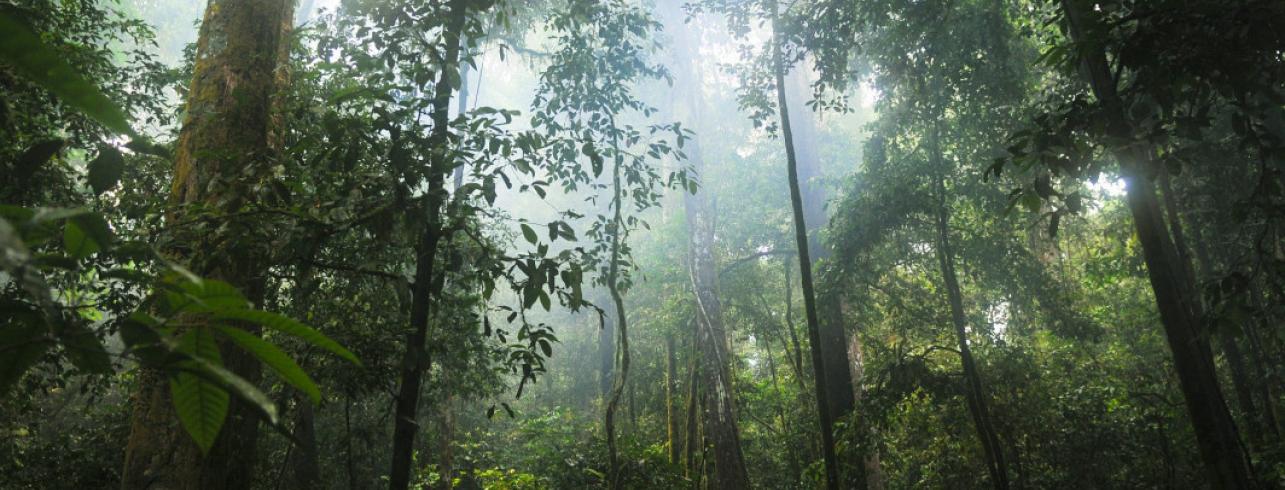
The NGO Conservation International helps indigenous populations better manage and protect the forest in several Amazonian countries (Bolivia, Colombia, Ecuador, Guyana, Peru, Suriname and Brazil) by structuring their organizations, training their leaders and women from local communities to participate in local and regional decision-making processes on forest resource management. This "Our Future Forests" project is co-financed by the Alliance.
For example, the Indigenous Women's Scholarship Program helps women from some twenty Amazonian communities to become actively involved in local decision-making on environmental protection.
Find out more about this initiative and other concrete examples of this Conservation International project at https://www.conservation.org/projects/our-future-forests-amazonia-verde.
Find out more about other partners implementing the TERRAMAZ, CAFI and the Amazon Emergency Fund.

